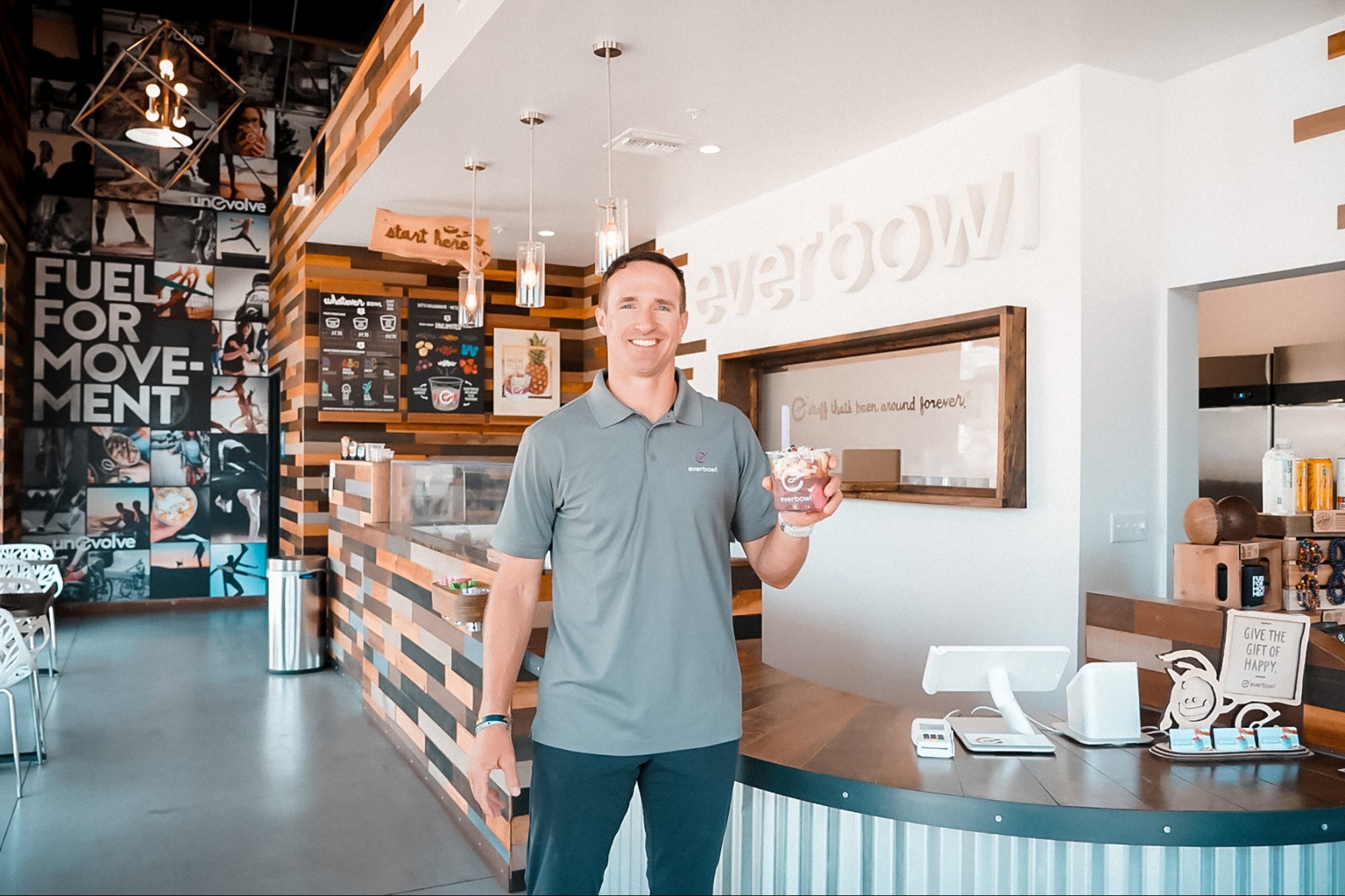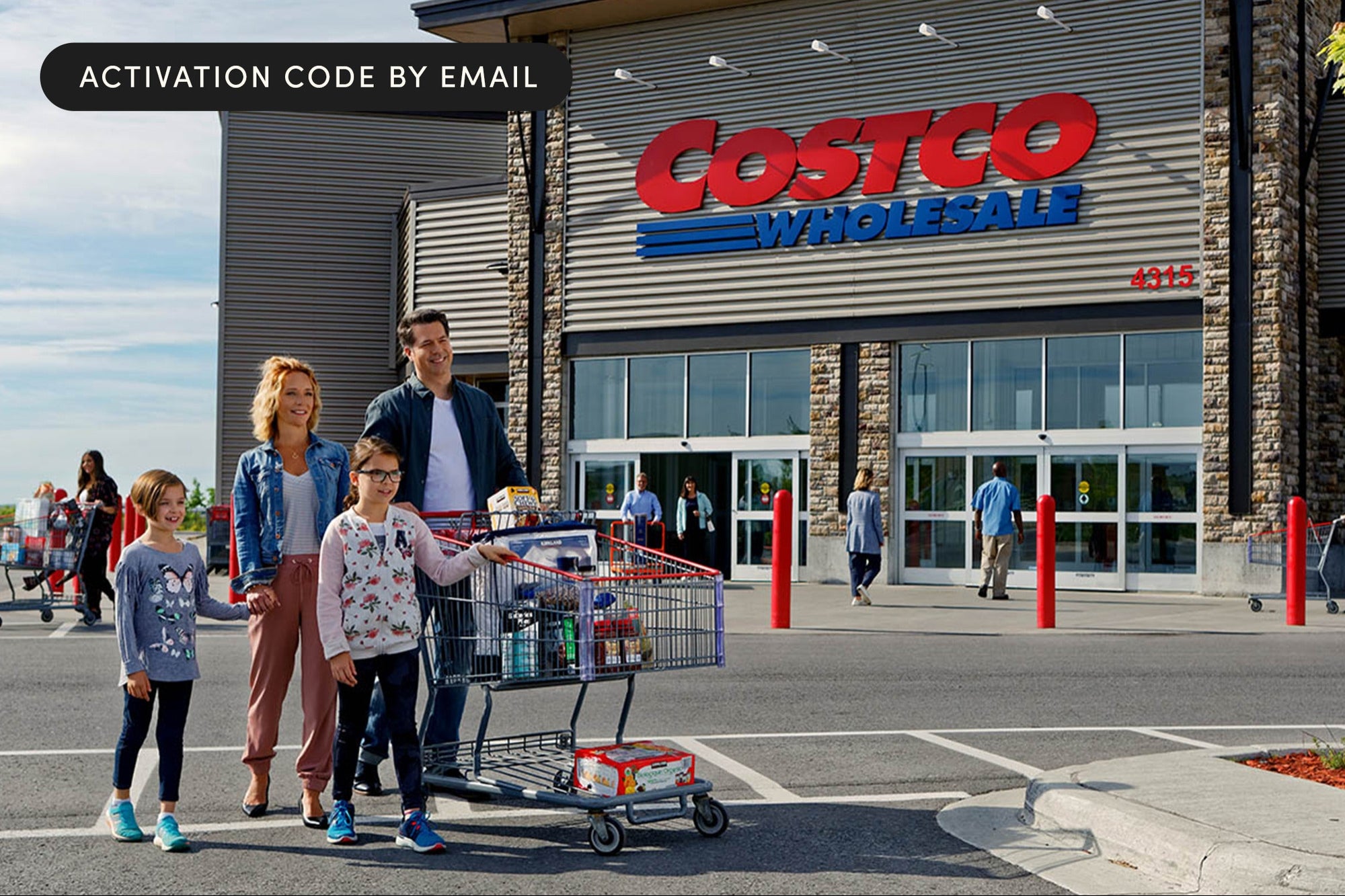How to Get Off the Hamster Wheel To be truly successful, you have to take time off.
By Fawn Fitter
Opinions expressed by BIZ Experiences contributors are their own.
Starting a business is a little like having a baby: at the beginning, your life revolves around figuring out how to help it survive. Everything else--family, friends, health, hobbies, even sleep--takes second place. For first-time BIZ Experiencess with no previous practice in raising a business to maturity, the experience can be even more overwhelming. They can be so passionate about the company that they can't bear to step away for a moment--or so terrified about financial doom that they don't dare to. And that's where they get in trouble.
Five Steps to Achieving Balance Don't just hope for time away from work. Build it into your schedule from the start. "The more you can make choices because you have time to be thoughtful and responsive, the more successful you're going to be," says DeGroot. Delegate to partners and assistants to free your time for tasks only you can do, DeGroot advises. If you can't grow by hiring more people, find other ways to reduce your workload, such as raising your fees or developing a source of passive income, says Caligiuri. Make the race for profitability less frantic by finding frugal ways to meet basic business needs, like virtual assistants and shared office space, says DeGroot. If you enjoy your new company so much that you lose track of time when you work, congratulations! You've achieved the coveted state of flow. "If you're doing what you truly love, time is far less relevant," Caligiuri says, "because the demands on you don't feel overwhelming." |
Most people start a company because they want more control over their time and life, not less, but let's not kid ourselves. Your new baby of a business really does need more or less undivided attention for a while. The magic words in that sentence, though, are "for a while." Time is a finite resource, and the amount of time needed to launch a start-up isn't sustainable long-term, says Paula Caligiuri, Ph.D., director of the Center for Human Resource Strategy at Rutgers University.
"We're pretty good at thinking about how to invest our money and at what point we'll get a return on investment, but we don't think the same way about time," says Caligiuri, whose recent book Get a Life, Not a Job looks at how to find harmony between work and the rest of life. "BIZ Experiencess often focus on getting to the point of profitability, and that's where your attention needs to be at the onset. But once the business becomes viable, you have to think about how to enjoy the luxury of the freedom you should have been creating for yourself."
Warren Hewerdine discovered just that in 2007 when he launched Navit Innovations to build sturdy, simple GPS units designed to get kids excited about geocaching, a sort of GPS-assisted outdoor treasure hunt. He soon found his own leisure time evaporating in what he calls the "race against the clock" to develop, fund, and market his Geomate product. "It's easy to say you must have balance, but in the first six to 12 months, you almost have to cancel everything else so you can reach that magical point [where the business is] self-sustaining," he says.
After six months, Hewerdine realized he'd been so deeply immersed in work that his motivation and attention were waning. In fact, he had forgotten to book a family trip that was an annual tradition. That's when he decided to start taking "microbreaks"--a long lunch or an afternoon off--once every week or so.
Today, Hewerdine is vice president of marketing and general manager of the Geomate product line at Apisphere, a location-based technology company in Berkeley, Ca. which acquired Navit Innovations in its second year. It's still a start-up, with all that entails--but, he says, "if I look at my to-do list and there's no immediate, pressing need, I take that time to cut away, even if it's just for a couple of hours."
That's exactly in line with the recommendations of ThirdPath Institute, a Philadelphia organization devoted to helping people and organizations find ways to balance work with family, community, and other life priorities. "The fear that they're not going to be successful makes people think they have to push the rock up the hill harder," says Jessica DeGroot, ThirdPath's president and founder. "But it's taking a break and then coming back to the work that makes you work better."









